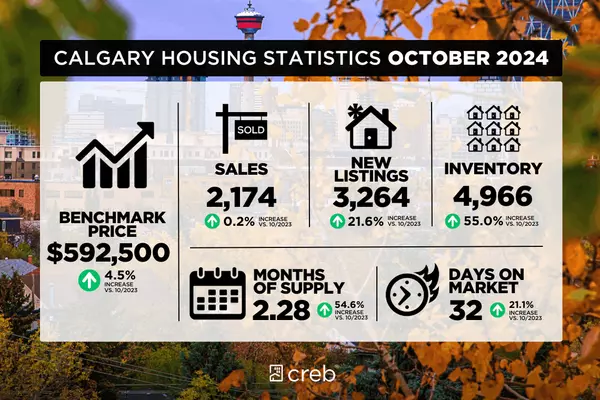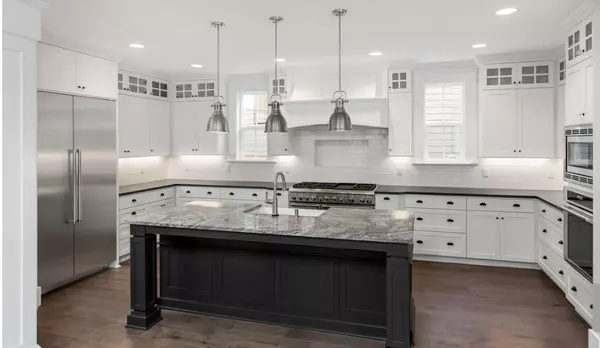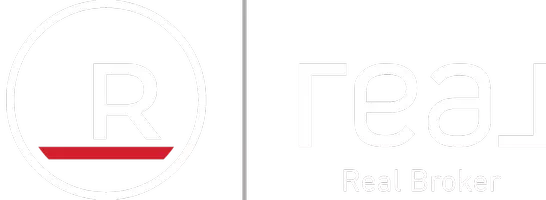
The First Things You Should Buy for Your High-End Home
Now that the ink has dried on your sales agreement and you’ve moved your belongings in, or at least started the packing process, have you purchased these crucial items to set up your new retreat? From home security to an indulgent new mattress, here are the top items you absolutely need to purchase as soon as you move into your Canadian luxury home. New locks. Duplicating keys isn’t exactly hard, meaning you never know how many people might have one for your new home. Start fresh and prioritize security by swapping out the locks ASAP, and get a few extra keys while you’re at it, for cleaners or guests should they need them. A home security system. In addition to changing locks, make sure you invest in an alarm system for your luxury home too. Smart home systems are incredibly advanced these days and can even send alerts right to your phone. In Canada, having a home security system can even save you money on home insurance. A high-end mattress. Now that you’re done with bidding wars, last minute showings and endless packing, it’s time to catch up on your sleep! While it’s often best to wait until you’ve lived in a space before you buy furniture, go ahead and splurge on a mattress as soon as you’re ready. Your body will thank you. Smoke and carbon monoxide detectors. In the excitement of moving in, it can be easy to forget these key safety devices. Invest in carbon monoxide detectors if you don’t already have them and swap out the batteries in your smoke detector. The coffeemaker of your dreams. All this unpacking and organizing drains one’s energy! Now is a great time to buy that European pour-over system or voice-activated espresso machine to keep your energy levels up and your mornings that much better. As a bonus, it’s also nice to have on hand for when your new neighbours drop by.

What Type of Oven Should You Choose?
If your oven needs to be replaced, you don’t necessarily have to get one that’s the same as your old model. Conventional ovens are popular, but you might want to consider getting a convection oven. How Conventional and Convection Ovens WorkA conventional oven, which is what most people are familiar with, heats food from the bottom up. A convection oven, on the other hand, uses a fan to circulate hot air and heat food from all sides. Since a convection oven uses a fan, it’s noisier than a conventional oven. Both types of ovens are available in electric and gas models. How Your Cooking Experience Can DifferWhen cooking with a conventional oven, you have to place the food in the center and keep an eye on it to make sure that it doesn’t burn, especially on the bottom. There’s a much lower risk of burning food in a convection oven since it cooks more evenly. You can place food anywhere, and you can cook multiple dishes at once, as long as you don’t block the fan. Because it relies on air circulation, a convection oven can cook food faster and at a lower temperature than a conventional oven. Recipes are generally written assuming that a person will be using a conventional oven. If you have a convection oven, you’ll need to reduce the temperature and cooking time listed in a recipe. If you like meat and vegetables that are crispy on the outside and soft on the inside, you’ll find that’s easier to achieve with a convection oven since it heats food from all sides. Convection ovens are also good for baking denser desserts, such as pies and pastries, because they can create a flaky outside and a soft inside. How Costs CompareThe initial cost of a convection oven can be significantly higher than that of a conventional oven. On top of the cost of a convection oven itself, you might need to have a ventilation system installed. In addition, you might have to get some new cookware, such as rimless baking sheets, so air can circulate freely. Conventional ovens tend to be easy to maintain, durable and long lasting. If they break down, repairs are generally straightforward. A convection oven has more parts that require maintenance and that might need to be repaired. How to Figure Out Which Is Right for YouIf you can afford the upfront cost, a convection oven can save you money in the long run. Since it requires lower temperatures and shorter cooking times than a conventional oven, a convection oven can reduce your monthly utility bills. A convection oven might also be a good choice if you have a large family, like to entertain or don’t have much experience with cooking. If you’re on a tight budget or you just want to stick with what’s familiar, you can go with a conventional oven.

Should You Install Skylights in Your House?
If you wish that one or more rooms in your house had more natural light, installing skylights might be the solution. Skylights can make your house brighter and raise its value, but they also have drawbacks. Reasons to Install SkylightsWith one or more skylights in the ceiling, you’ll get to enjoy the mental health benefits of sunlight and views of the sky. A room that’s currently dark, cramped and uninviting can suddenly feel more spacious and appealing. Using several lamps to illuminate a room can be expensive. If you install skylights, you’ll be able to rely more on natural light and enjoy lower utility bills.If you would like to use your attic as a living area, but it’s not currently outfitted with electricity, hiring an electrician to install wiring and outlets can be expensive. Skylights might be able to provide the illumination you need at a comparable or lower upfront cost. Once skylights are installed, you’ll get to take advantage of free light from the sun. A room that isn’t located along an exterior wall doesn’t have any windows, and adding windows isn’t an option. Installing skylights can provide the natural light you crave. If you choose venting skylights, you’ll also be able to take advantage of fresh air in a room that would otherwise have poor ventilation. The things that make skylights appealing to you can also make them attractive selling points. If you decide to put your home on the market in the future, the promise of natural light and utility savings can draw in potential buyers. In a competitive market, buyers might be willing to pay more for your home than they would for comparable properties. Potential ProblemsIf skylights aren’t properly installed and sealed, they can leak when it rains or snows. Even a small amount of water can cause major damage to your roof, insulation, drywall, flooring, furniture and electronics. Moisture can also lead to the proliferation of mold, which can have serious health consequences for your family. In addition, the increased risk of roof leaks might cause your homeowners insurance premiums to rise. Letting in more natural light has its drawbacks. The sun’s UV rays can gradually damage your flooring, furniture and artwork. Installing skylights can be an expensive project. If you have enough wall space available, you might find that having contractors install traditional windows would provide the same benefits at a fraction of the cost. Are Skylights Right for Your Home?Skylights can make your house more comfortable for your family and save you money on your utility bills. They can also make your home stand out if you decide to sell it in the future. Before you hire a company to install skylights, get estimates from several local contractors. Price is an important factor, but it shouldn’t be the only one you consider. Research companies and hire a reputable contractor with experience installing skylights so you can avoid water damage and other problems in the future.
Categories
Recent Posts










